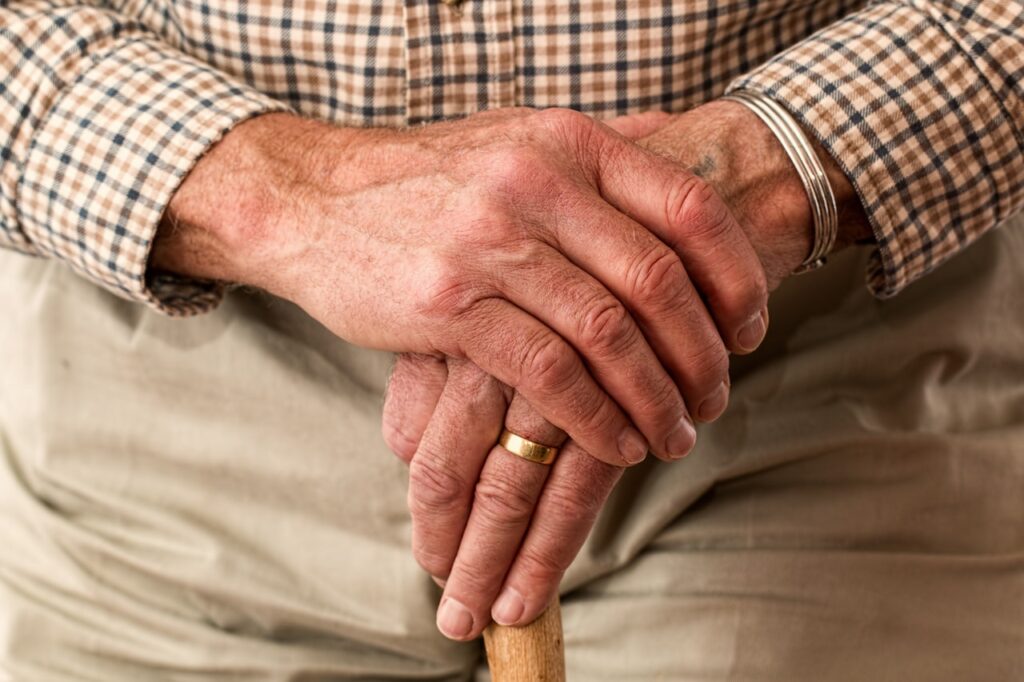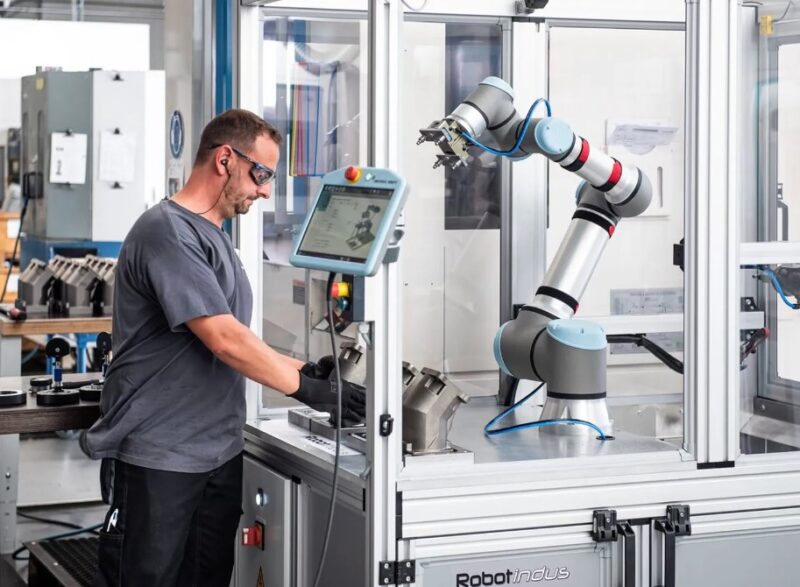High blood pressure, commonly referred to as hypertension, happens when the force of your blood on your artery walls increases to undesired levels. In most cases, the blood pressure measurement checks the amount of blood going through your blood vessels and the amount of resistance when the heart pumps. Considering the close connection to the heart, hypertension can cause heart attacks and strokes if left unattended. While the risk for high blood pressure increases with age, there are other underlying causes and triggers for the condition. Let’s explore the causes of high blood pressure, symptoms, and plausible treatment plans.
Causes of Hypertension
Hypertension can arise from many different causes. However, some risk factors increase your chances of suffering from the condition. Let’s explore the most common ones.
1. Unhealthy Lifestyle

Leading an unhealthy lifestyle is the number one cause of hypertension. Nowadays, most people consume too much processed foods with excessive sodium. Recent research has proven that too much sodium has a massive effect on your blood pressure. This is because the sodium in the blood pulls water from your body tissues, increasing the blood volume in the vessels. If the blood volume increases, then you may suffer from high blood pressure.
2. Overweight (Obesity)
Many people now live a sedentary life with minimal physical activity. In most cases, they are not burning enough calories to keep the body in an optimal state. Usually, obesity refers to people with a BMI (Body Mass Index) of over 30. When one is obese or overweight, the heart strains to pump blood around the body. The strain is felt on the arteries, and they can resist the flow, hence causing your blood pressure to rise. Other organs affected by obesity are the kidneys, and this still leads back to the heart. When you are overweight and suffering from high blood pressure, you may damage the kidneys’ blood vessels, causing them to become thicker and limiting blood flow, making it more difficult for the vital organs to operate.
3. Stress

Stressful moments may cause your blood pressure to increase temporarily.
The human body also produces many hormones during these moments, which alters the blood pressure rate. Your heart then beats faster and may cause the blood vessels to narrow down, increasing the chance for hypertension. While it is a mild cause of high blood pressure, it should be controlled as early as possible to avoid detrimental effects in the end.
4. Chronic Kidney Disease (CKD)
The kidneys play a vital role in regulating your blood pressure. Hypertension comes in two forms; primary hypertension and secondary hypertension. Usually, primary hypertension can occur over time with no identifiable cause, while the secondary version occurs rapidly and can be more severe. In most cases, if you suffer from CKD, there is a high chance that you could be straining your heart and risk suffering from hypertension. CKD causes damage to the kidneys – damaged kidneys, in turn, expose you to high blood pressure.
5. Family History

Naturally, family members share much if their genetic code, meaning that some health conditions can run in the family. As such, one can genetically inherit hypertension. If your parents or grandparents suffered from high blood pressure, you might be at risk of the condition. This is more likely if both parents were affected by high blood pressure. You can visit your primary physician and have a few tests done to determine whether you have the condition. It is always easy to manage at the early stages as compared to the late stages.
6. Too Much Alcohol Consumption
Do you frequently drink alcohol to excess? Research has found that alcohol stimulates the production of endothelin 1 and 2 from the vascular endothelium system. Additionally, the consumption increases the production of angiotensin II in the blood vessels. Medical practitioners will tell you that these two products are potential vasoconstrictors and can lead to increased blood volume, which translates into higher blood pressure.
7. Older Age

Old age comes with a lot of issues. Your body gets weaker, and a lot of systems don’t function optimally. As you age, the cardiovascular system changes and the arteries get stiffer. This is because the elasticity of the arteries also reduces hence increasing the blood volume. You may then suffer from hypertension.
8. Smoking
Smoking and using tobacco products temporarily increase blood pressure levels. However, the components in your cigarette potentially cause damage to the lining of your artery walls hence causing them to be narrower. As such, this further increases the risk of getting high blood pressure. Additionally, an ardent smoker may also be at risk of contracting heart disease.
Signs of High Blood Pressure
You may never know that you have hypertension unless it’s extreme. While it may be challenging to ascertain high blood pressure without a medical diagnosis, several symptoms show its severity. Let’s explore some of them.
- Extreme headaches
- Difficulty in breathing
- Presence of blood in the urine
- Irregular heartbeat
- Fatigue
- Vision issues
- Pains in the chest area
- Pounding in the chest
- Blood spots in the eyes
However, for a proper diagnosis, you must visit your doctor for tests.
High Blood Pressure Treatment

Now that you have been diagnosed with high blood pressure, what next? Patients must understand that the condition is manageable. Apart from medication, lifestyle changes will play a vital role in regulating blood pressure. Let’s see some great ways to treat and manage high blood pressure.
- Shed a few pounds: If you are overweight, the best way would be to shed a few pounds and get fit. This improves heart function and reduces the effects of hypertension.
- Watch your diet: Since hypertension often results from unhealthy living and overeating processed food, you may need to revise your diet and eat healthier. Go for whole grains, reduce sodium in your food, and increase your potassium intake.
- Limit your alcohol intake: Patients should also be careful with too much alcohol intake as it affects the blood pressure. If you must drink, do so in moderation.
- Quit smoking: While it may be a difficult path, it is worthwhile.
- Reduce stress: Learn to manage your anxiety levels, stay happy, and avoid overthinking.
- Monitor your blood pressure: You should also monitor your blood pressure by regularly visiting your doctor. Alternatively, the doctor may issue you a device to monitor your blood pressure.
- Take your medication: For effective high blood pressure treatment, you must follow the doctor’s advice and take any medication when you are supposed to (visit Dr Felix for more information).
Conclusion
High blood pressure is a manageable health condition. Once you have been diagnosed with it, you mustn’t live in fear. Adhering to your physician’s advice and making any necessary lifestyle changes will go a long way towards combating the condition.







